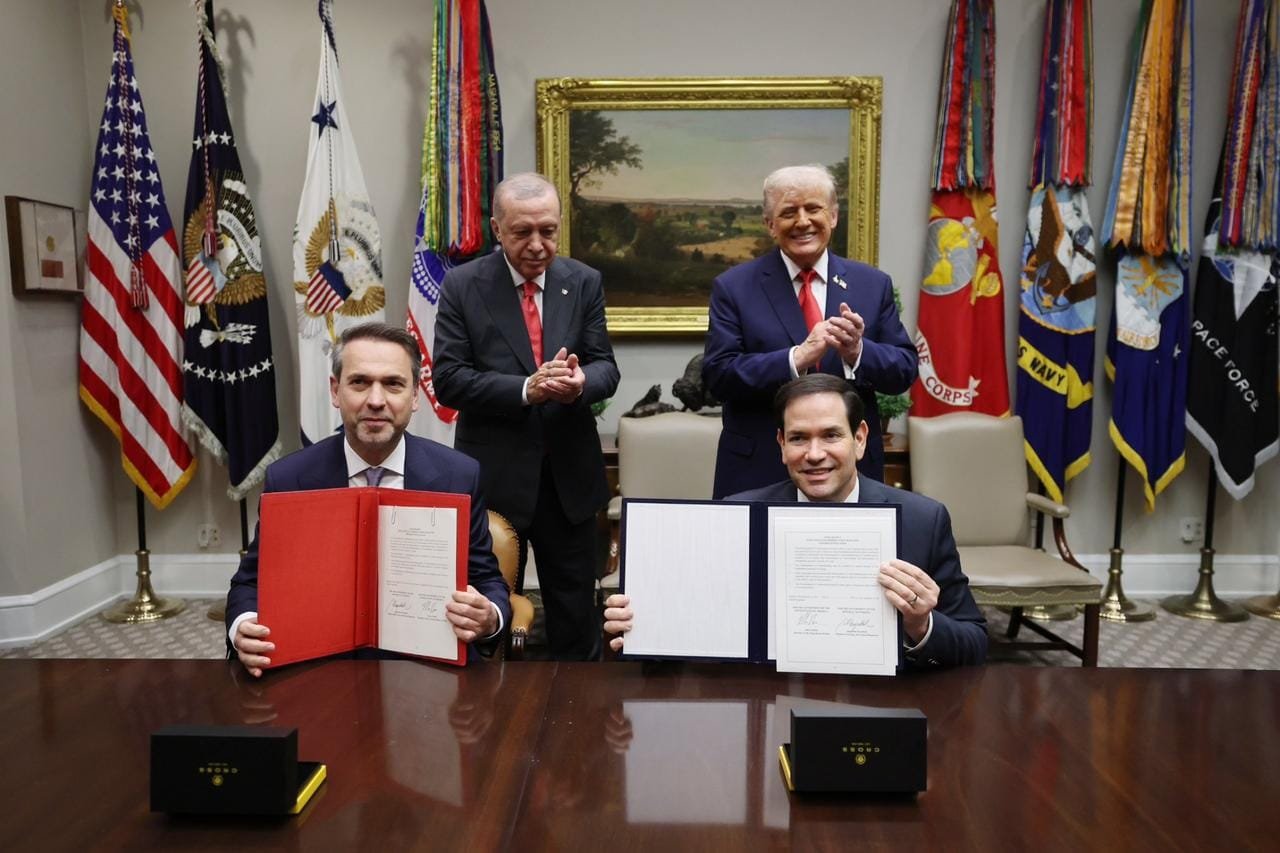Turkey and the United States have taken a major step to deepen their strategic ties by signing a Memorandum of Understanding on Strategic Civil Nuclear Cooperation during President Recep Tayyip Erdoğan’s visit to the White House. The agreement, inked by Turkey’s Energy Minister Alparslan Bayraktar and U.S. Secretary of State Marco Rubio in the presence of both presidents, launches a new framework for collaboration in the nuclear energy sector.
Under the MoU, Ankara and Washington will explore joint projects including the construction of large nuclear power plants as well as the development and deployment of small modular reactors (SMRs)—a technology viewed as more flexible and quicker to deploy. Though the text of the agreement remains sealed, Turkish officials say it builds on talks already underway between the two countries. Bayraktar described the deal as “a new process that will further deepen the deep-rooted and multidimensional partnership between Türkiye and the United States in the field of nuclear energy.”
The move gains particular significance in light of Turkey’s existing nuclear ambitions: its first plant, Akkuyu, is under construction with Russian backing and is slated to generate around 10 percent of the country’s electricity when fully online. Beyond Akkuyu, Turkey has long discussed further projects—including one in Sinop on the Black Sea—but these have faltered amid debates over financing, safety, and partners.
Observers see the U.S. agreement as a pivot away from Ankara’s prior heavy reliance on Russian nuclear technology, potentially offering Turkey deeper access to Western technology, regulatory practices, and investment networks.





